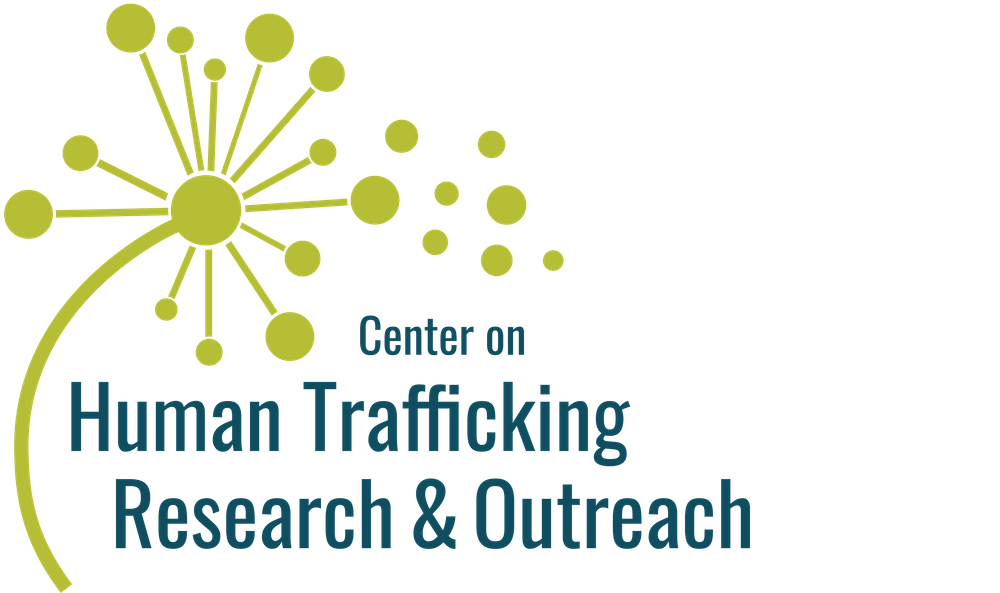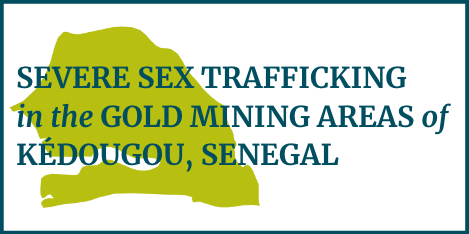|
|
|
|
APRIES’ project in Senegal focuses on sex trafficking of girls and women in the Kedougou gold mining region. We work closely with government, NGO, and research partners in a collective impact approach. APRIES works with research consultancy Kantar Public to explore the context, dynamics, and vulnerability factors linked to sex trafficking, identify service and policy gaps, and estimate the prevalence of sex trafficking among women ages 15-30 in Kédougou at baseline (2021) and endline (2024). Qualitative research draws upon in-depth interviews (IDIs) among a sample of 140 respondents including trafficking survivors, service providers, policymakers, academics, and other key informants. The quantitative survey measures observed victimization in the last 12 months among this target population, and estimates the overall number of sex workers in the sample area as well as the number of trafficked sex workers. A respondent-driven sampling (RDS) approach allows us to conduct the survey with this hard-to-reach population. Our implementing partners in Senegal are Free the Slaves/La Lumière and the United
Nations Office of Drugs and Crime (UNODC). Free the Slaves/La Lumière’s project addresses
protection of sex trafficking survivors and prevention of sex trafficking. For example,
these implementing partners will provide shelter services to at least 160 sex trafficking
survivors from the mining sector by 2024. UNODC’s project will strengthen the national
legal framework on TIP and prosecution of trafficking perpetrators. For example, UNODC
will increase the capacity of 30 law enforcement officers and 30 magistrates to counter
TIP in the region by 2024. |
|


